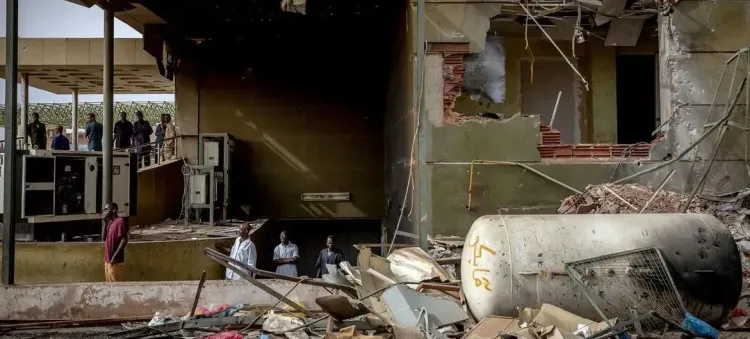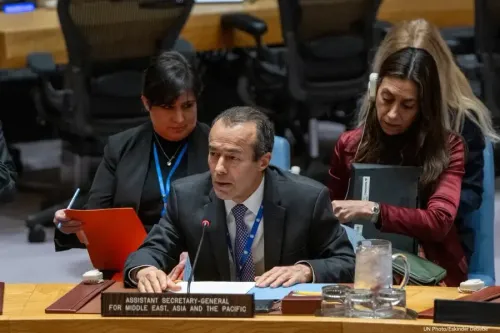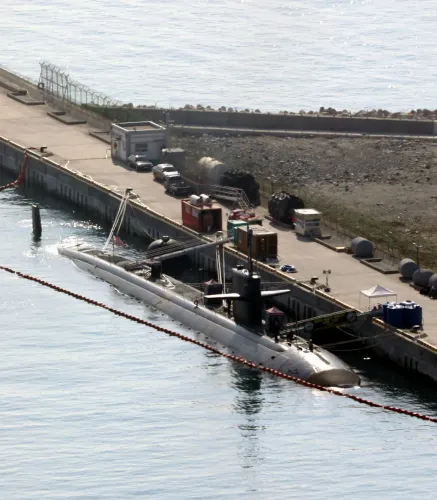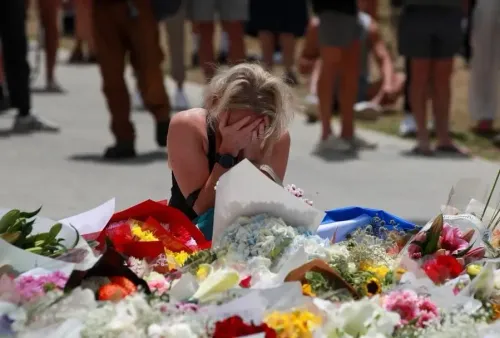Healthcare System in El-Fasher, Sudan, Overwhelmed by Violence and Displacement: UN

Synopsis
Key Takeaways
- 200+ health facilities non-functional in El-Fasher.
- Over 70% of hospitals in conflict areas are closed.
- WHO recorded 150 attacks on healthcare since conflict began.
- 15,000 deaths and 8.2 million displaced since April 2023.
- 25 million people need humanitarian assistance.
United Nations, March 12 (NationPress) Escalating violence and a surge of displacements have severely strained the already fragile healthcare system in El-Fasher, the capital of Sudan's North Darfur state, according to UN humanitarian officials.
Over 200 health facilities in El Fasher are currently non-functional, with critical shortages of medical personnel, essential medications, and life-saving supplies, as stated by the UN Office for the Coordination of Humanitarian Affairs (OCHA).
Efforts by humanitarian partners to deliver medical supplies have been hampered by ongoing insecurity and access limitations, the office reported.
The World Health Organization (WHO) indicated that more than 70 percent of hospitals and health facilities in areas affected by the conflict in Sudan are non-operational, leaving millions without necessary healthcare.
“The health system in Sudan has faced continuous assaults,” WHO noted. “As of mid-February, nearly 150 attacks on healthcare facilities in Sudan were recorded since the onset of the conflict, though the actual number may be significantly higher.”
OCHA has urged the conflicting parties to provide safe, consistent, and timely humanitarian access for those in need of life-saving assistance. Protection of civilians is essential, and their fundamental survival needs must be addressed, as reported by Xinhua news agency.
As the civil war approaches its second year, Sudan's two combatant factions remain entrenched in a fierce struggle for power. Since the conflict erupted on April 15, 2023, nearly 15,000 individuals have lost their lives and over 8.2 million people have been displaced, resulting in the most severe displacement crisis globally.
Nearly 2 million displaced Sudanese have sought refuge in unstable regions of Chad, Ethiopia, and South Sudan, overwhelming refugee camps and raising concerns that Sudanese refugees might soon attempt to migrate to Europe.
The UN continues to advocate for increased support, as more than 25 million individuals require humanitarian assistance, while worsening food security issues are triggering what is termed the “world’s largest hunger crisis.”
In the meantime, mediation efforts have proven unsuccessful, as the leaders of the Sudanese Armed Forces (SAF) and Rapid Support Forces (RSF) remain unwilling to cease hostilities, with regional and international players taking sides in the conflict.










